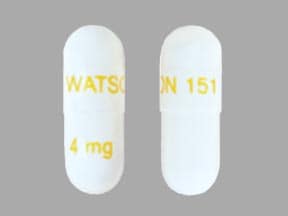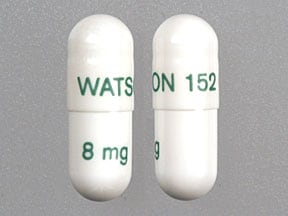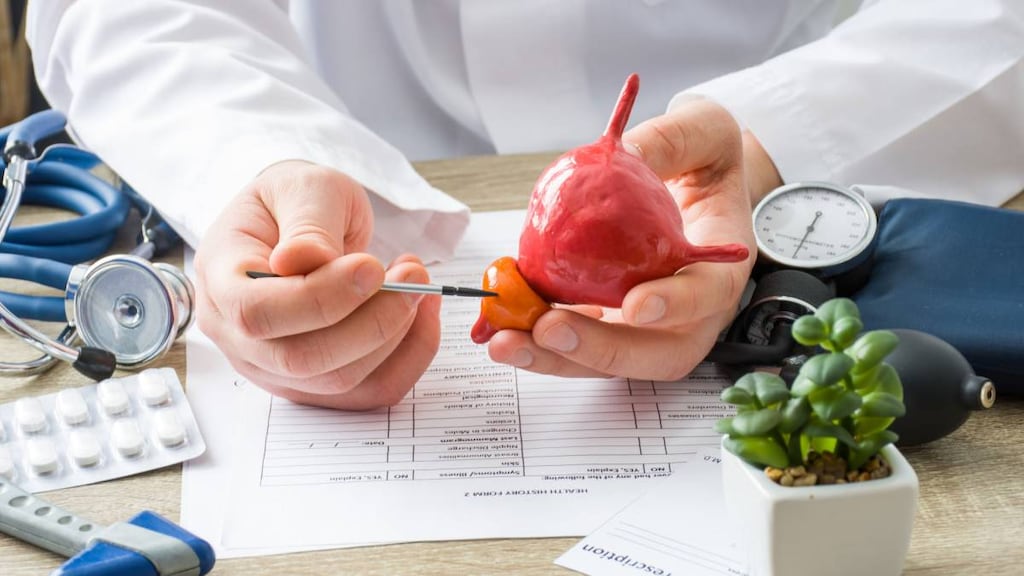What is Rapaflo used for?
- In men, it is used to treat the signs of an enlarged prostate.
- Rapaflo may be given to you for other reasons. Talk to your doctor.
Before taking Rapaflo, tell your doctor:
- If you are allergic to Rapaflo; any part of this medicine; or any other drugs, foods, or substances. Tell your doctor about the allergy and what signs you had.
- If you have any of these health problems: Kidney disease or liver disease.
- If you take any drugs (prescription or OTC, natural products, vitamins) that must not be taken with Rapaflo, like certain drugs that are used for HIV, infections, or depression. There are many drugs that must not be taken with Rapaflo. Your doctor or pharmacist can tell you if you are taking a drug that must not be taken with Rapaflo.
- If you are taking or will be taking another drug like this one.
This is not a list of all drugs or health problems that interact with this medicine.
Tell your doctor and pharmacist about all of your drugs (prescription or OTC, natural products, vitamins) and health problems. You must check to make sure that it is safe for you to take Rapaflo with all of your drugs and health problems. Do not start, stop, or change the dose of any drug without checking with your doctor.
What are some things I need to know or do while I take Rapaflo?
- Tell all of your health care providers that you take Rapaflo. This includes your doctors, nurses, pharmacists, and dentists.
- Avoid driving and doing other tasks or actions that call for you to be alert until you see how Rapaflo affects you.
- To lower the chance of feeling dizzy or passing out, rise slowly if you have been sitting or lying down. Be careful going up and down stairs.
- If you are having cataract surgery or other eye procedure, talk with your doctor.
- Have blood work checked as you have been told by the doctor. Talk with the doctor.
- Check your blood pressure as you have been told.
- Have a rectal exam (to check prostate gland) and blood work (PSA test). Talk with your doctor.
- Talk with your doctor before you drink alcohol.
- This medicine is not approved for use in children. Talk with the doctor.
- This medicine is not approved for use in women. If you are a woman using Rapaflo, talk with your doctor if you are pregnant, plan on getting pregnant, or are breast-feeding.
How is Rapaflo best taken?
Use Rapaflo as ordered by your doctor. Read all information given to you. Follow all instructions closely.
- Take with a meal.
- You may sprinkle contents of capsule on applesauce. Do not chew. Swallow right away and follow with cool water.
- If mixing on applesauce, the applesauce should not be warm. Do not sprinkle on other liquids or foods.
What do I do if I miss a dose?
- Take a missed dose as soon as you think about it, with a meal.
- If it is close to the time for your next dose, skip the missed dose and go back to your normal time.
- Do not take 2 doses at the same time or extra doses.
What are the side effects of Rapaflo that I need to call my doctor about immediately?
WARNING/CAUTION: Even though it may be rare, some people may have very bad and sometimes deadly side effects when taking a drug. Tell your doctor or get medical help right away if you have any of the following signs or symptoms that may be related to a very bad side effect:
- Signs of an allergic reaction, like rash; hives; itching; red, swollen, blistered, or peeling skin with or without fever; wheezing; tightness in the chest or throat; trouble breathing, swallowing, or talking; unusual hoarseness; or swelling of the mouth, face, lips, tongue, or throat.
- Very bad dizziness or passing out.
What are some other side effects of Rapaflo?
All drugs may cause side effects. However, many people have no side effects or only have minor side effects. Call your doctor or get medical help if any of these side effects or any other side effects bother you or do not go away:
- Orgasm with less or no semen.
- Dizziness.
These are not all of the side effects that may occur. If you have questions about side effects, call your doctor. Call your doctor for medical advice about side effects.
You may report side effects to the FDA at 1-800-332-1088. You may also report side effects at https://www.fda.gov/medwatch.
If overdose is suspected:
If you think there has been an overdose, call your poison control center or get medical care right away. Be ready to tell or show what was taken, how much, and when it happened.
Rapaflo Images
How do I store and/or throw out Rapaflo?
- Store at room temperature.
- Protect from light.
- Store in a dry place. Do not store in a bathroom.
- Keep all drugs in a safe place. Keep all drugs out of the reach of children and pets.
- Throw away unused or expired drugs. Do not flush down a toilet or pour down a drain unless you are told to do so. Check with your pharmacist if you have questions about the best way to throw out drugs. There may be drug take-back programs in your area.
Consumer information use and disclaimer
- If your symptoms or health problems do not get better or if they become worse, call your doctor.
- Do not share your drugs with others and do not take anyone else's drugs.
- Some drugs may have another patient information leaflet. Check with your pharmacist. If you have any questions about Rapaflo, please talk with your doctor, nurse, pharmacist, or other health care provider.
- If you think there has been an overdose, call your poison control center or get medical care right away. Be ready to tell or show what was taken, how much, and when it happened.
This information should not be used to decide whether or not to take Rapaflo or any other medicine. Only the healthcare provider has the knowledge and training to decide which medicines are right for a specific patient. This information does not endorse any medicine as safe, effective, or approved for treating any patient or health condition. This is only a brief summary of general information about this medicine. It does NOT include all information about the possible uses, directions, warnings, precautions, interactions, adverse effects, or risks that may apply to Rapaflo. This information is not specific medical advice and does not replace information you receive from the healthcare provider. You must talk with the healthcare provider for complete information about the risks and benefits of using this medicine.


